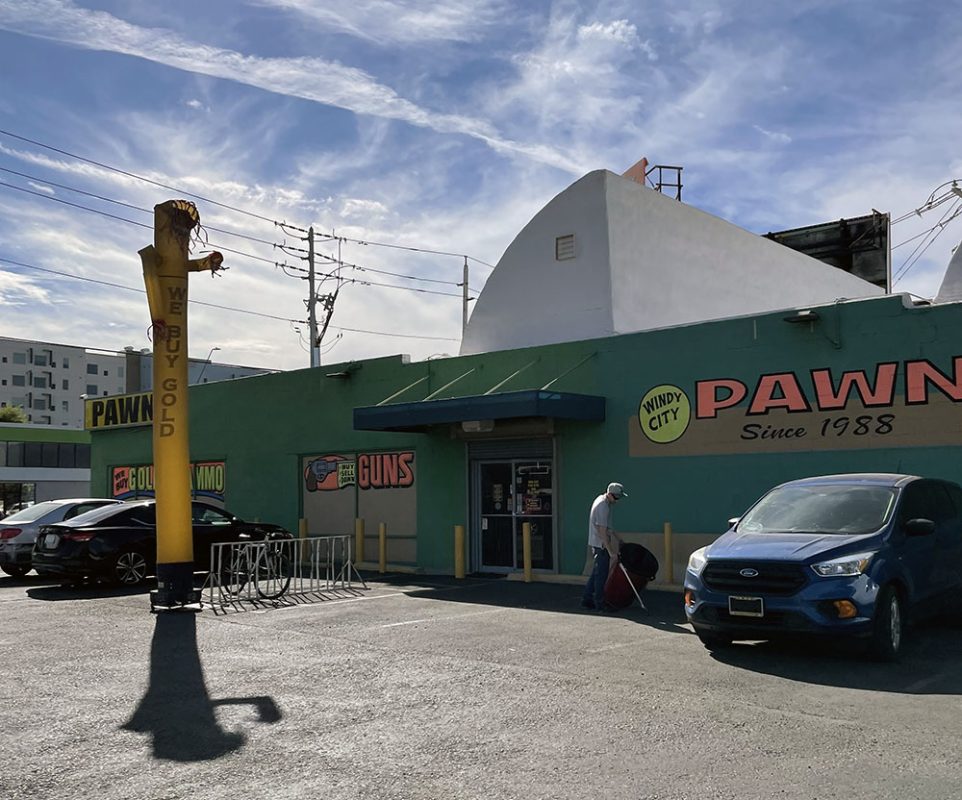Pawnbrokers offer two ways for consumers to quickly exchange tangible personal property for cash thru a values based, non-recourse transaction.
Traditional Pawn Transactions: The pawnbroker and consumer negotiate the value of merchandise. The pawnbroker is required to store and insure consumers’ pawn collateral while it is in their possession. Consumers choose whether to redeem the property or leave it.
Purchase transactions: The pawnbroker buys used goods outright. These are true sales, not collateral-based transactions. Consumers normally get more for tangible property they sell outright than in traditional pawn transactions.
Most states regulate both traditional pawn transactions and purchase transactions in pawnshops. Some local governments also set terms and conditions for pawns and purchases. Here are the features of pawns common in all states where pawns are regulated by state and/or local governments.
You can get funds from a licensed pawnbroker by taking your item to the store where a dollar amount offered is based on the value of the item, not your credit record.
You can pick up your item within the law-allowed time period by paying the money you received, plus the specified interest and any service fees.


A pawn transaction amount is entirely
based on the value of your item. There
is no credit check, proof of employment
or income required.
Pawning is an easy and fast safety-net
option to quickly get the money you
need without penalty. It is private
between you and the pawn shop.
Answer:
Answer:
Answer:
Traditional pawnbrokers do not make “buy-sell” agreements. This kind of agreement, one in which someone sells an item with an agreed upon price and time to repurchase the item, is illegal in most states.